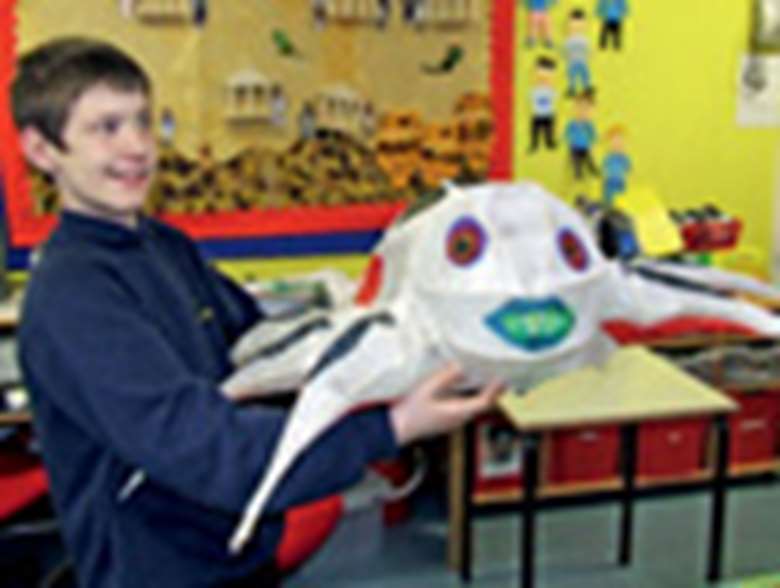In Practice: Case study - Special school enriches its offer
Tuesday, June 2, 2009
Providing extended services at a special school comes with its own particular challenges. Jo Stephenson examines how Harford Manor School is delivering a range of extra opportunities to its pupils and making the most of each day.

OBJECTIVES - Special schools can face particular challenges when developing extended services. Harford Manor School in Norwich, which caters for children and young people aged four to 19, was keen to gain accreditation through the Quality in Study Support programme and deliver extended services. "We wanted to make the most of the school day and provide pupils with opportunities for extended learning after school," explains extended schools co-ordinator Mike Skulski.
WHAT WAS DONE - The school already ran some clubs but over the past five years has greatly expanded what's on offer to pupils. This includes an array of lunchtime activities, which mean pupils who can't stay after school can still benefit from extended learning. Lunchtime sessions include a drumming class, disco club, girls' club where secondary age pupils discuss personal, social and health education issues, and games clubs featuring pool, table football and darts. Pupils have a lot of say through the school council. After-school activities include a cookery club, gardening club and a youth club for those in further education and young people who have left the school. A creative arts club is geared mainly towards gifted and talented pupils. "We have a lot of young people on the autism spectrum and some of them are very good artists," says Skulski.
THE ISSUES - "The biggest challenge for us is transport," says Skulski. "We do provide a taxi service for people who live within Norwich but outside Norwich is very costly so the challenge is reaching people outside the boundary." Some parents are happy to pick their children up later but that's not possible for all. Special schools in the area have audited their extended services and published information so families know about opportunities that may be closer to home. The school is also exploring opportunities with mainstream schools in its cluster. Sustainability is another issue. "We're always looking for funding streams," says Skulski. "We know there are going to be cuts in education in the next few years, therefore we have to be very careful and plan ahead."
OUTCOMES - "What we do has become the norm so to take that away would leave a huge hole in extended learning for our young people," says Skulski. The clubs have boosted educational attainment and social development and allowed them to gain accreditation. Young people have got involved in many community events through these extra activities. The school has achieved advanced status in study support and is sharing its experiences with other special schools in Norfolk.
TOP TIPS
DO
- Involve everyone at the school in the study support programme - it has to meet the needs of the school and, most importantly, the pupils
- Follow the code of practice and use the framework for Quality in Study Support
- Create a forum for pupils' views so they can shape extended services and study support opportunities
DON'T
- Try and do it all by yourself
- Ever give up. If something's not working, then keep on trying




